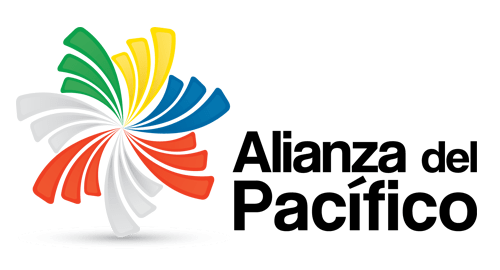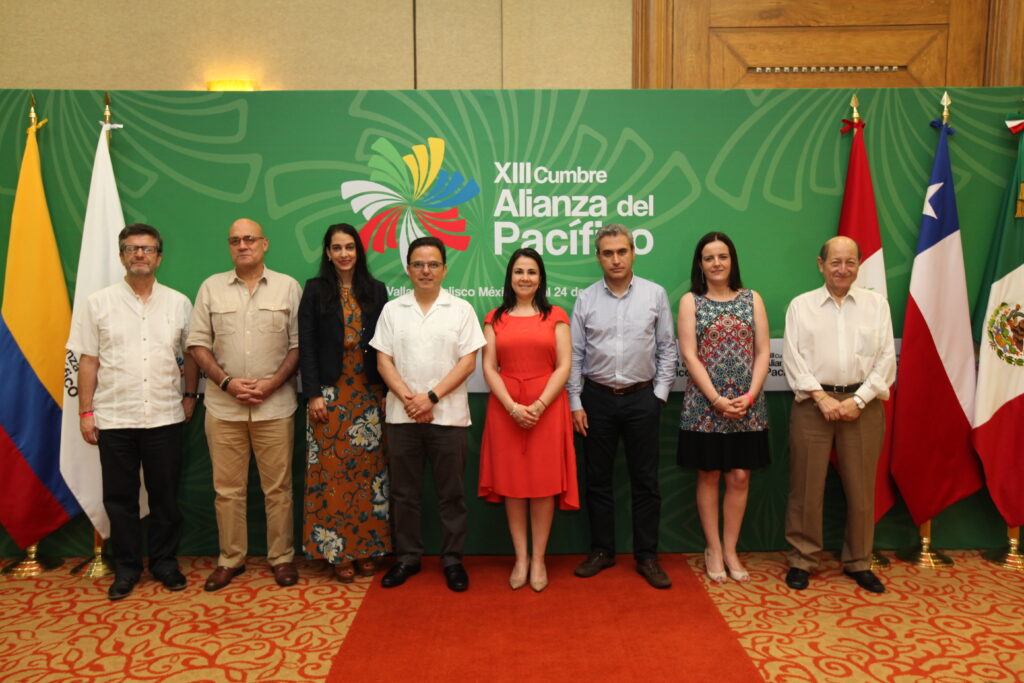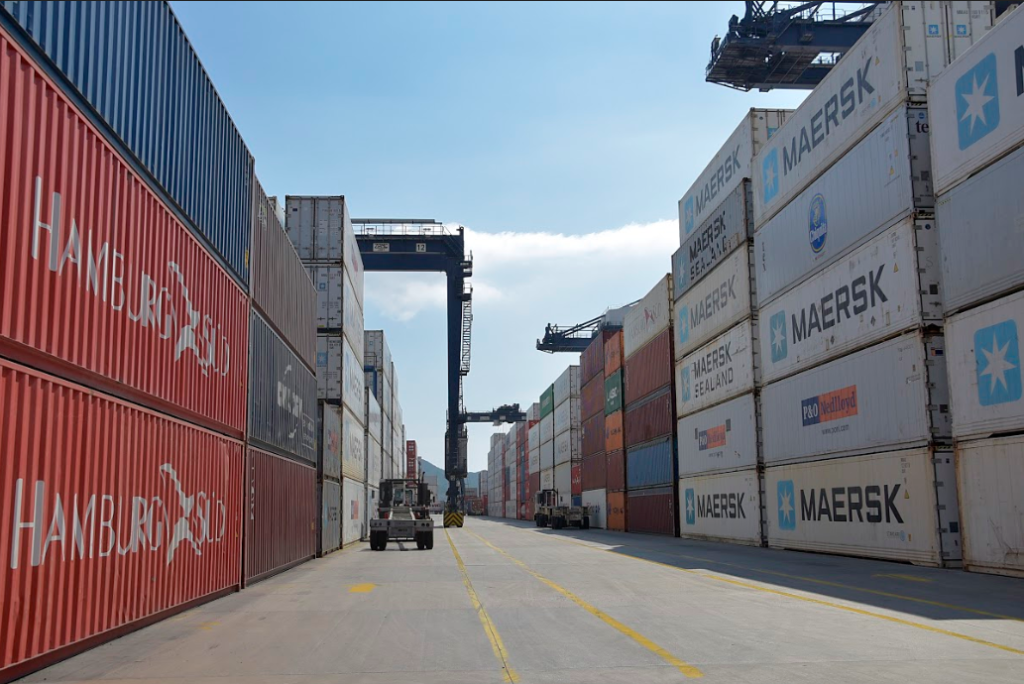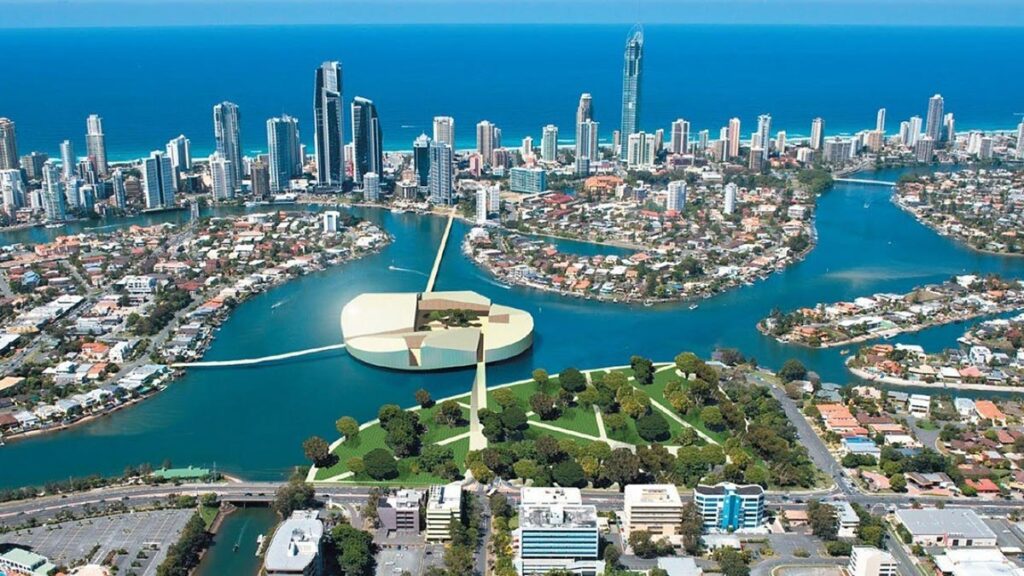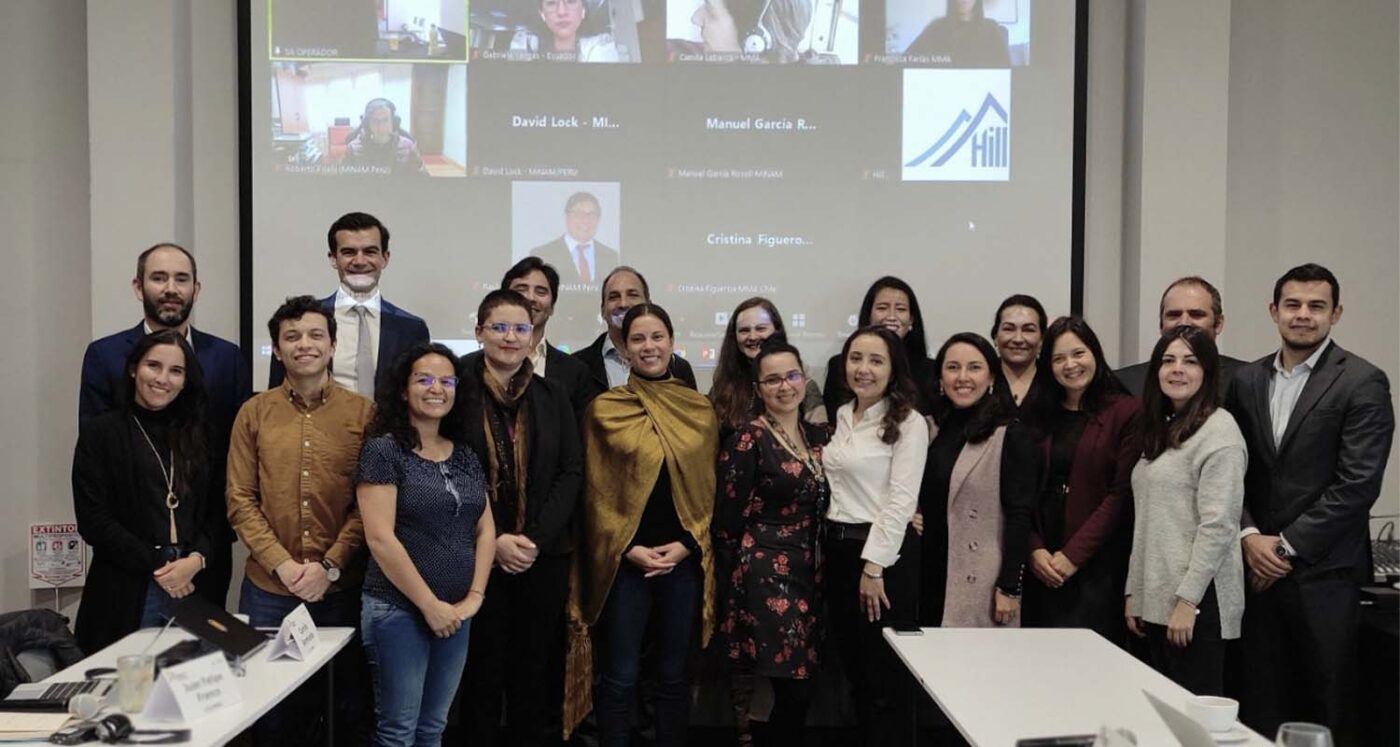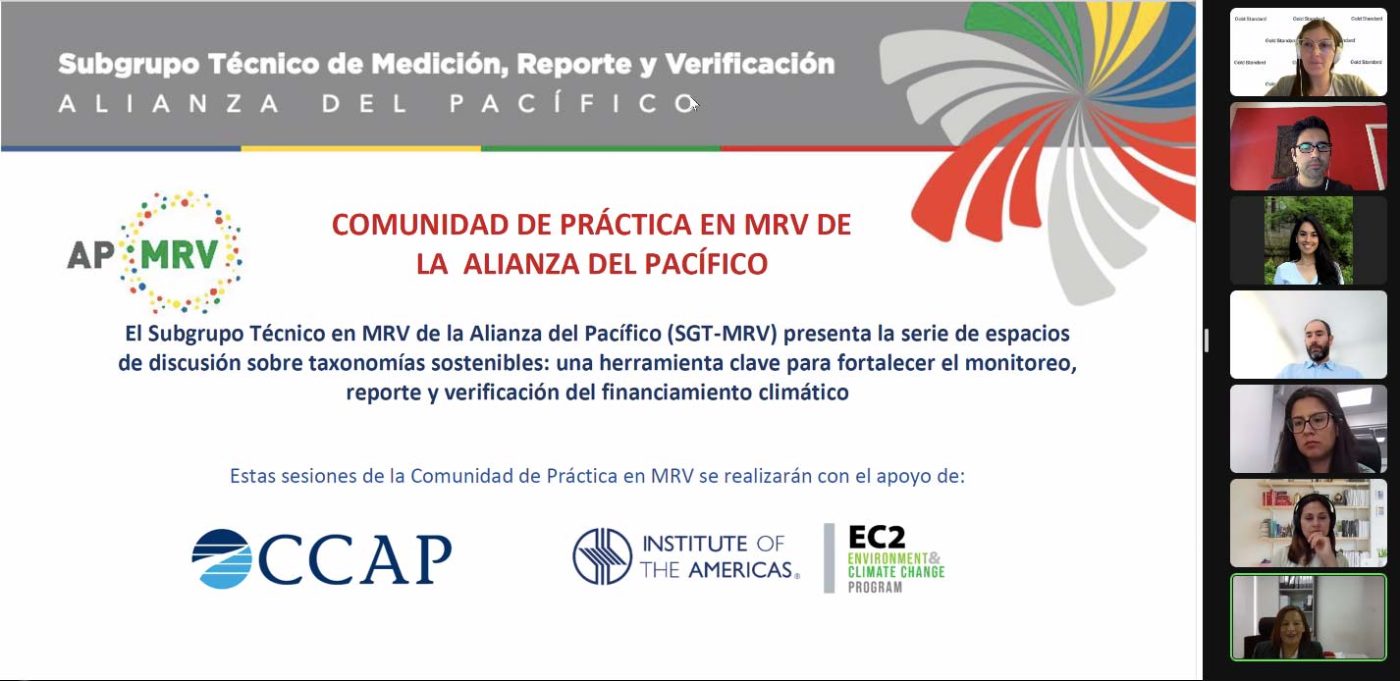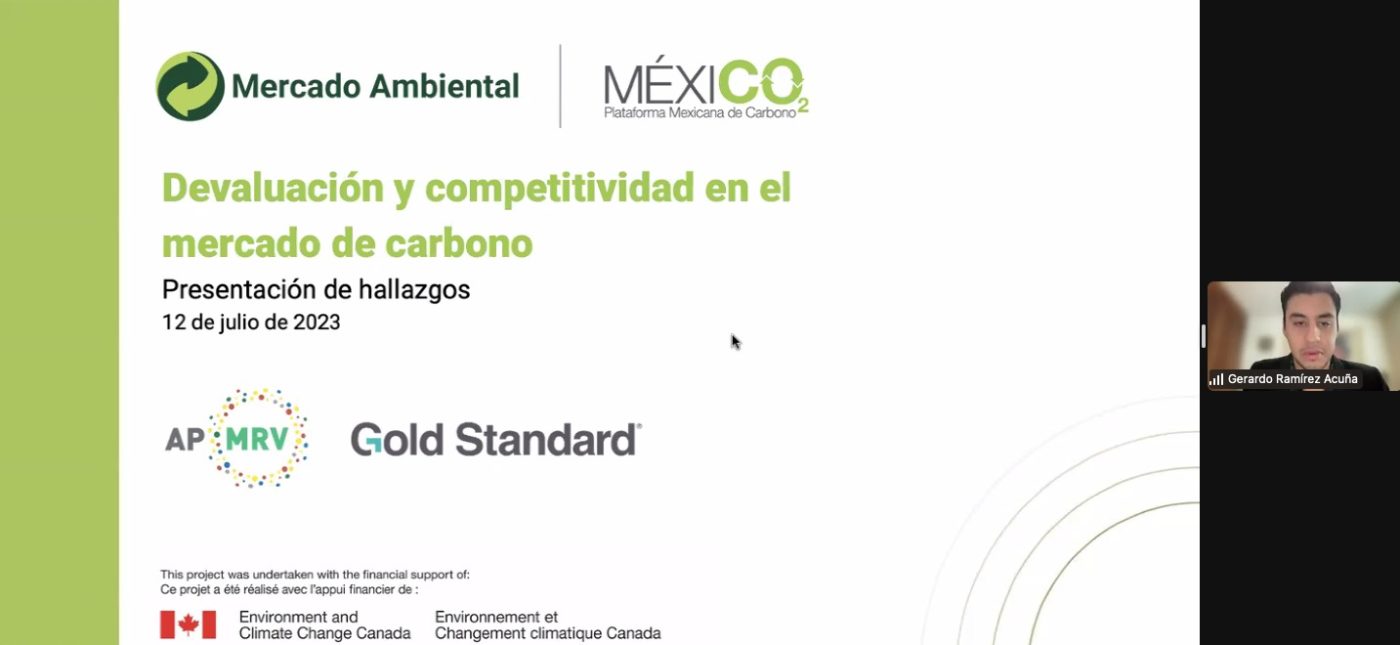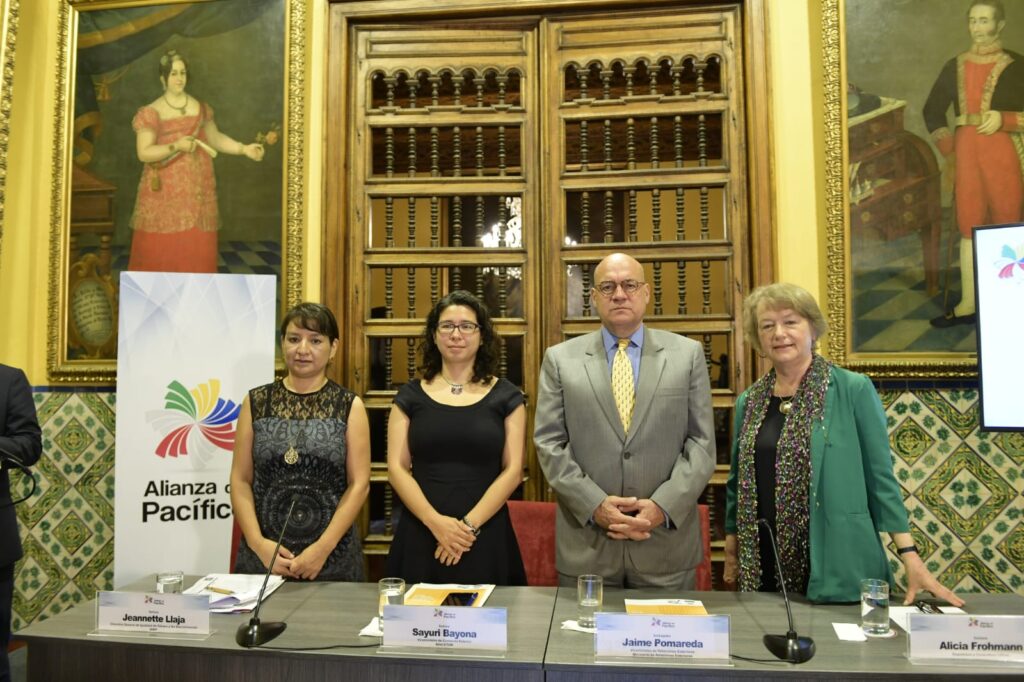Business people from various areas met on May 3 at the Seminar “The enforcement of the Pacific Alliance Protocol: challenges and benefits for Chile”, an event organized by Chile’s National Chamber of Commerce (CNC) with the participation of authorities from Direcon-ProChile and the Confederation of Production and Commerce (CPC) of that country.
In this context, there was agreement among the participants in pointing out that, besides the tariff relief -in effect since May 1st- cumulation of origin will be one of the most important issues, given that this will not only allow to stimulate the commercial integration between Chile, Colombia, Mexico and Peru, but also the creation of regional value chains. On the other hand, this seeks to further deepen the integration process of the Pacific Alliance, through ties with other markets, particularly the Asia-Pacific market.
“Once the Protocol is enforced, we will decisively support the consolidation of this regional integration initiative to plan its progress, specifically keeping in mind the Asian markets. We will continue to drive these challenges from the pro tempore Presidency of the Pacific Alliance, which will be held by Chile, starting next 1st of July”, said Direcon’s director Andrés Rebolledo during his presentation.
Pablo Urria, DIRECON’s director for Bilateral Economic Affairs, delved into the advantages obtained by Chile in matters of market access. Among other things, he explained that the tax relief programme negotiated in the bilateral agreements entered into with the other three countries shall remain valid, to the extent that the protocol reaches their aperture levels. However, with regard to Mexico, products such as edible oils, milk powder and cheeses will have better conditions within the Pacific Alliance. A similar situation will take place for some products that in Colombia and Peru were subject to price bands but that now will have more opportunities for exportation.
Cumulation of Origin
During his presentation, ProChile director Roberto Pavia said that, regardless the tariff preferences, one of the Pacific Alliance’s most relevant advantages is that it will allow the cumulation of origin. He explained that unique and simple rules of origin were negotiated, seeking overall both a regional integration and pliability for those cases where consumables are not available among PA members, hoping to encourage regional value chains. On a different subject, the head of ProChile emphasized the close relationship that has been developed among the Pacific Alliance promoting agencies in order to improve integration and identify business options for our business people. “The 4th edition of the Macrorrueda de Negocios (Business Matchmaking) to be held next June in Santiago is an example of it, that will gather more than 600 companies from the four countries, many of them SMEs. It will be the ideal setting to start enjoying the benefits of the coming into effect of the Commercial Protocol, particularly those benefits related to the cumulation of origin”, remarked Pavia.
Lastly, Alberto Salas, president of the Confederation of Production and Commerce (CPC), drew attention to the contribution of the Pacific Alliance Business Council (CEAP), the body that represents the business people from the four countries, made through the proposal of various subjects aimed to further deepen this integration process.
May 5th, 2016

